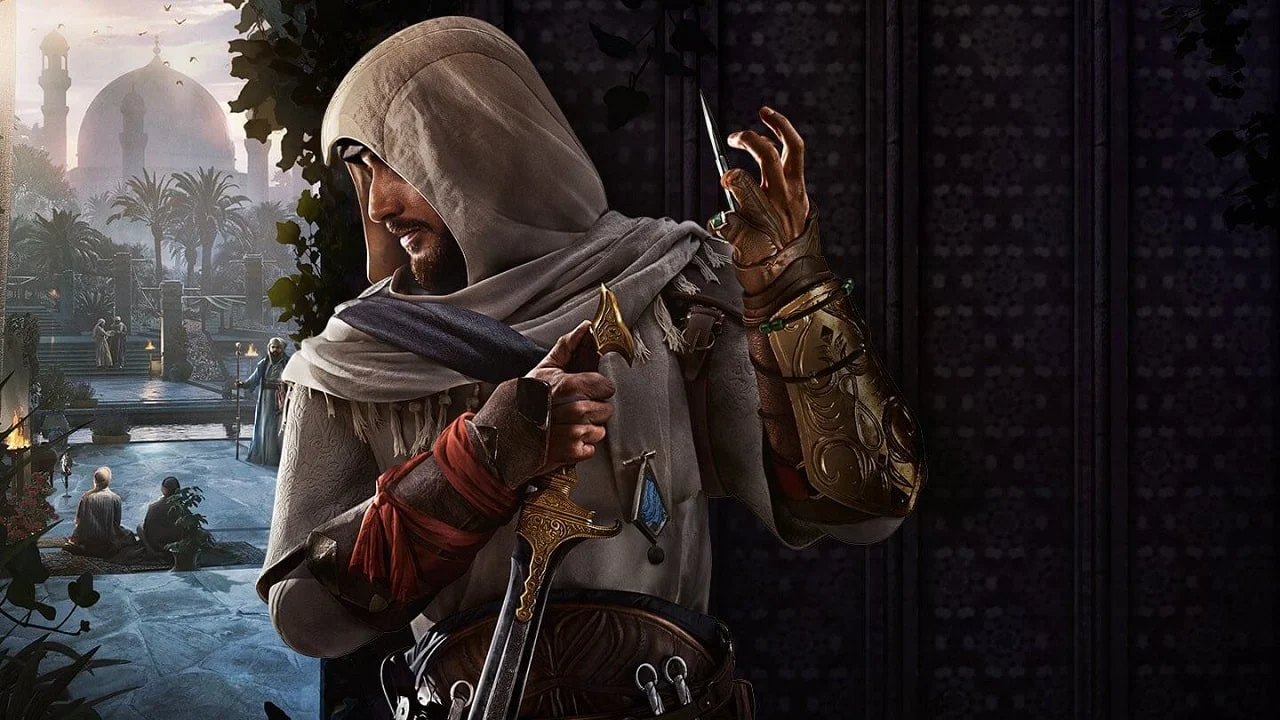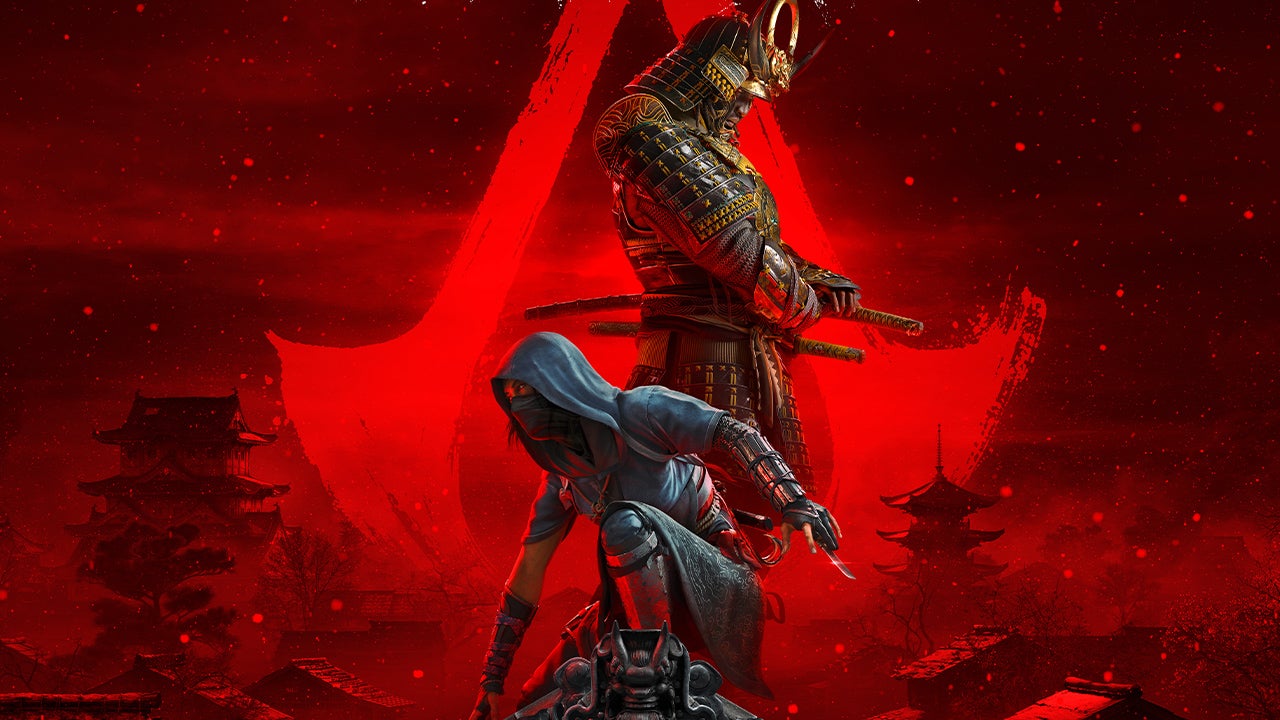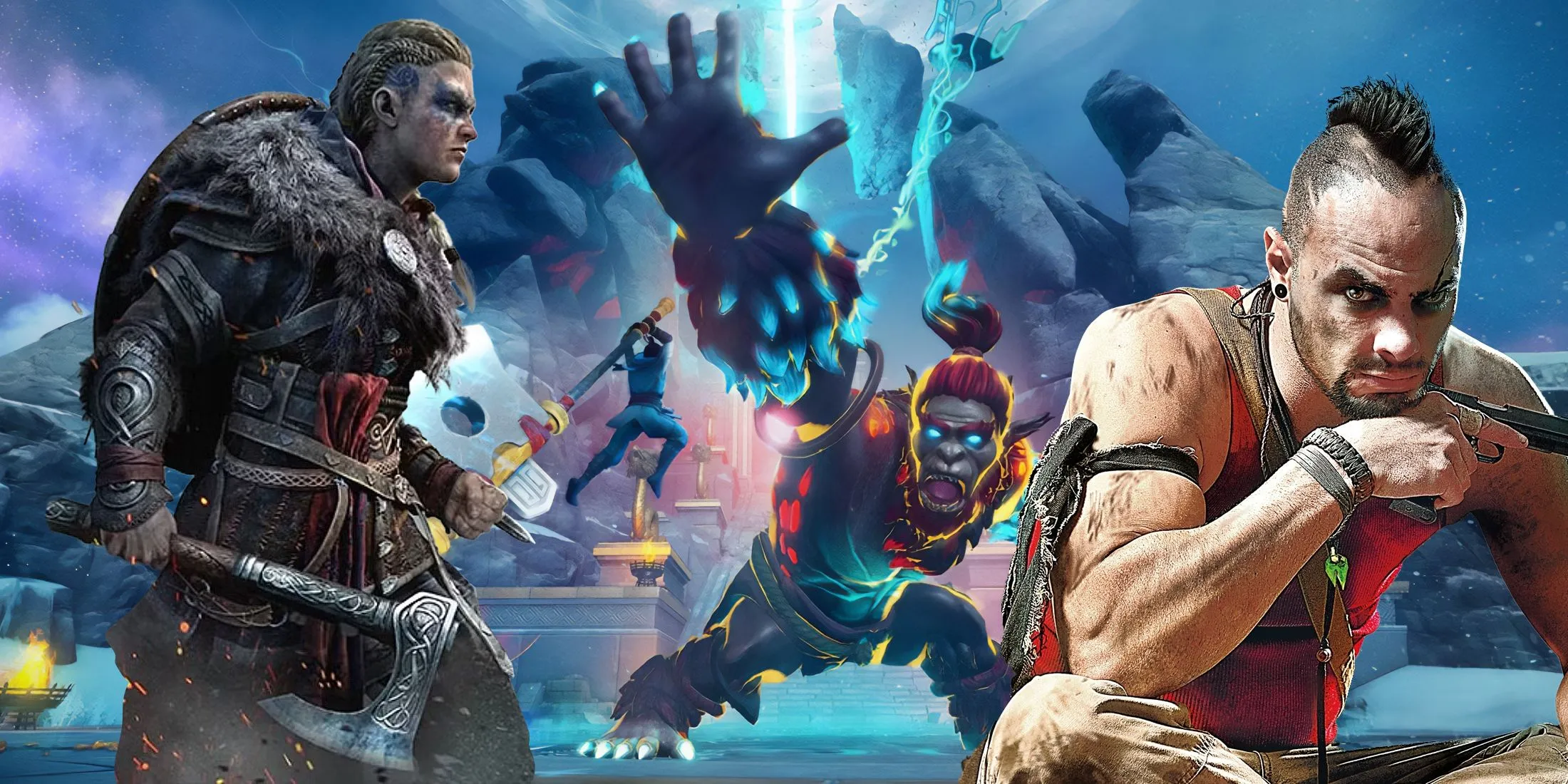Ubisoft, a titan in the video gaming industry, finds itself at the centre of a legal storm following the shutdown of its popular racing game, The Crew. Released in December 2014, The Crew was celebrated for its expansive open-world design and dynamic multiplayer racing experience. However, the recent decision to shut down its servers has sparked controversy and led to a class-action lawsuit, shedding light on the complex issue of digital ownership in the gaming world.

The Controversy Behind The Crew’s Closure
The lawsuit, initiated by two Californian gamers, questions the very nature of game ownership. Filed on November 4 in a California court, the legal challenge highlights the frustrations of gamers who find themselves powerless in the face of such shutdowns. The Crew became entirely unplayable following the server closure due to its lack of an offline mode—a decision driven by what Ubisoft cited as “server infrastructure and licensing constraints.”
The scenario described by the plaintiffs’ lawyers paints a vivid picture: “Imagine you buy a pinball machine, and years later, you enter your den to play it, only to discover that all the paddles are missing, the pinball and bumpers are gone, and the monitor that proudly displayed your unassailable high score is removed.” They further illustrated, “Turns out the pinball manufacturer decided to come into your home, gut the insides of the pinball machine, and remove your ability to play the game that you bought and thought you owned.”
This analogy underlines the crux of the lawsuit—what does it mean to “own” a game? Are consumers merely licensing digital content with the understanding that it might become inaccessible, or is there an element of permanence implied in the purchase?

Ubisoft’s Response and Consumer Rights
Ubisoft did attempt to mitigate the backlash by offering refunds to players who purchased The Crew “recently,” though many long-time players were left unable to claim any compensation due to the time elapsed since their purchase. This response has brought to the forefront the broader implications for digital rights and consumer protection in the evolving landscape of gaming.
The gaming industry’s shift towards digital distribution has been accompanied by numerous benefits, such as instant access to games and updates. However, it also poses unique challenges and risks, particularly when it comes to the long-term accessibility of purchased content. The Crew’s shutdown is a prime example of how digital services, unlike their physical counterparts, can be discontinued, leaving consumers with little to no recourse.

Looking Forward: The Future of Digital Ownership in Gaming
The outcome of this lawsuit could set a precedent for how digital products are treated legally. It raises significant questions about consumer rights and the responsibilities of game developers and publishers in managing the lifecycle of their products. As more games rely on server-based technology and online functionality, the industry might need to consider more robust solutions to address consumer concerns about longevity and ownership.

Moreover, this case might prompt a reevaluation of the terms of service agreements that gamers agree to, often without thorough examination when purchasing digital games. The dialogue between consumers and companies about transparency and fairness is more crucial than ever as we navigate the digital age.
Ubisoft’s ongoing legal battle over The Crew is more than just a lawsuit; it’s a landmark case in the discourse on digital ownership—a dialogue that will undoubtedly shape the future landscape of the gaming industry. As gamers and developers alike watch closely, the decisions made in this case could redefine the rights of digital consumers for years to come.










